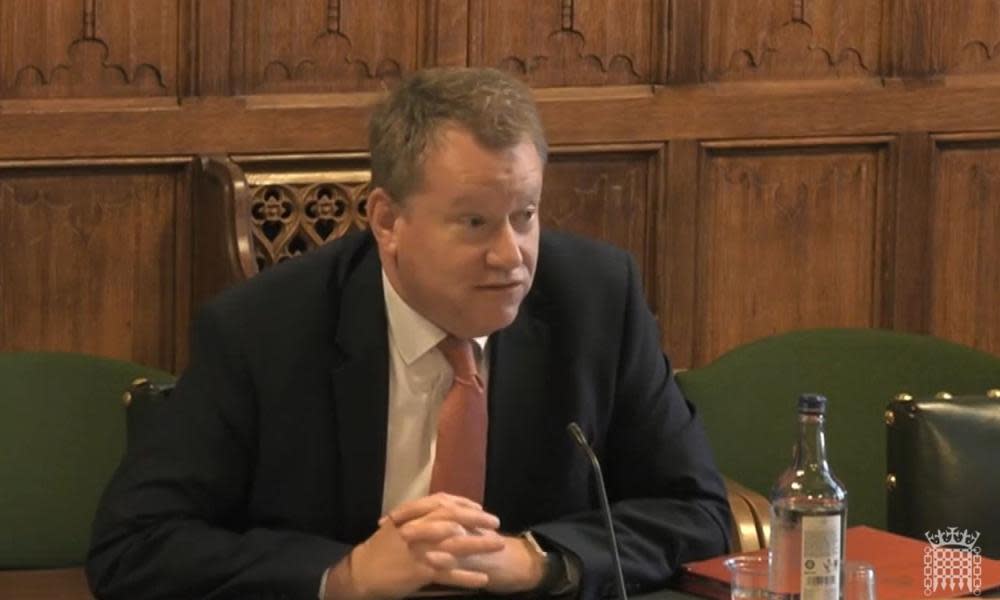David Frost says EU close to breaching Brexit deal over science programme

A fresh Brexit row has been blown open with Brussels after David Frost accused the EU of being close to breaching the trade deal struck last Christmas.
He said the UK was “getting quite concerned” about Brussels delaying ratification of the UK’s participation in the €80bn (£67bn) Horizon Europe research programme, costing British scientists their place in pan-European research programmes.
Lord Frost said the UK had “not made a great deal of this” but patience was running out.
“It’s not a very happy place,” he said. “We are getting quite concerned about this actually. There is an obligation in article 710 of the trade and cooperation agreement to finalise our participation. It uses the word ‘shall’. It is an obligation. It would obviously be a breach of the treaty if the EU doesn’t deliver on this obligation.”
The UK committed to gross funding of £2bn a year to the programme last December but this is not now being paid in as British scientists cannot be formal participants in the programme despite historically leading on many projects.
Earlier on Monday the House of Commons European scrutiny committee suggested the delay in ratifying this part of the trade deal was punishment for the row over the Northern Ireland protocol.
Frost said he had asked his EU counterpart, Maroš Šefčovič, many times why there was a delay when the membership of other countries including Norway and Iceland had already been ratified. While he could “guess” the reason, he had not got an answer, he told MPs.
The science sector fought hard to retain membership of the Horizon Europe programme last year, arguing it was not just the funding but the collaboration with peers across Europe that was important.
Being part of the seven-year programme would also help the UK maintain a thriving science ecosystem supporting jobs in universities and laboratories as well as acting as a magnet for overseas talent.
One Ulster University scientist told the Guardian he was on tenterhooks over a bid for £7m in funding for a project on the impact of Covid on the mental health of children and adolescents.
Dominic McSherry, who is leading a consortium involving five other countries including Norway, said: “These precious relationships are in serious jeopardy at the moment due to the risk to our access to EU funding”
It came as Germany’s ambassador to London, Andreas Michaelis, warned that Berlin would lose trust in the UK if its negotiators rejected a role for the European court of justice in arbitrating the Northern Ireland protocol.
He said Germany had invested a great deal of political capital in persuading the European Commission to change its approach to the protocol and the outcome was “the maximum flexible interpretation of an agreement we have signed on the European side”.
He said: “If those proposals will not be the basis for negotiating a working protocol but will be rejected by pointing for instance to the European court of justice, we all know on all sides that will impact the trust in the relationship very significantly.”
He said the commission had made a huge effort to cut 50% of the paperwork and 80% of the obstacles.
A European Commission spokesperson confirmed UK scientists could continue to apply funding but ratification to Horizon would have to happened before finance was released.

 Yahoo Movies
Yahoo Movies 
